3 killed as military mounts crackdown on anti-coup rallies in Sudan
At least three protesters have been shot dead and several others have been wounded in Sudan against the backdrop of a crackdown on renewed anti-coup rallies in the country.
The Central Committee for Sudanese Doctors said in a statement on Saturday that an unspecified number of others were wounded by “live rounds” fired by security forces.
Omdurman is the largest and most populous city in Sudan.
According to witnesses, security forces also fired tear gas canisters at protesters in the capital Khartoum and in its twin city, Omdurman, in a bid to disperse the angry crowds. Reports said despite disruption of communication networks, anti-coup protests broke out in the city of Wad Madani, south of the capital. “Dozens gathered and began chanting against military rule and marched on to meet up with other rallies,” said a witness from al-Shajarah district in southern Khartoum. “No, no to military rule,” “Civilian (rule) is the people’s choice,” and “Down with the entire council,” the protesters in southern Khartoum shouted.
Sudan’s anti-coup rallies, largely organized by informal groups known as ‘resistance committees,’ have been held despite heavy presence of the military, police and paramilitary forces in Khartoum, where bridges connecting the capital to neighboring cities have been blocked.
On Thursday, Sudan's military chief and de-facto leader General Abdel Fattah al-Burhan reappointed himself head of a new Sovereign Council that excludes the country's main civilian bloc. On Friday, military figures and new civilian members of the so-called ruling council were sworn in before Burhan. The moves infuriated the Sudanese and drew more condemnation from the West.
More than two years ago, massive anti-government demonstrations, mostly over deteriorating economic problems, hit Sudan, with protesters, mostly the youth, demanding then President Omar al-Bashir step down.
Bashir was ultimately deposed through a military coup following months of protests in April 2019, after ruling over the country for three decades. In August that year, a governing council, comprised of civilian and military leaders, was founded to run the country. The transitional civilian-military administration, Sudan’s highest executive authority, is tasked with leading the country to free and fair multiparty elections.
However, a military coup, led by Burhan, was staged on October 25 that dissolved the fragile government. Prime Minister Abdalla Hamdok was detained and put under house arrest in a move that infuriated the Sudanese and sparked international outcry, including from the UN Security Council. Other civilian leaders are in military detention.
According to an independent union of medics, at least 15 people have been killed in post-coup rallies. The United Nations has already called on the security forces to refrain from violence. “I once again call upon the security forces to exercise utmost restraint and respect the right to peaceful assembly and freedom of expression,” said UN Special Representative for Sudan Volker Perthes.
Burhan has said the military would establish a new technocrat government, promising that elections would take place in July 2023. Until then, he has claimed, the military would be the guarantor of the democratic transition and of Sudan’s stability and security.
In recent weeks, the military has been mounting a harsh crackdown on protesters, who have been taking to the streets after Sudan’s main opposition coalition called for civil disobedience and protests across the country hours after the military coup.
Yemen slams missile into northern part of occupied territories
Iran Armed Forces confront all violations against the country’s soil: Ground Forces cmdr.
IRGC deploying ‘new weaponry’ during underway Ground Force drills
VIDEO | Press TV's news headlines
Another key hospital taken out of service by Israel in north Gaza
Iran's top medical association urges ‘safe’ release of Gaza hospital’s director
Hezbollah chief: Gen. Soleimani was a leader on strategic, intellectual levels
Euro-Med warns Dr. Abu Safiya’s life in great danger due to torture


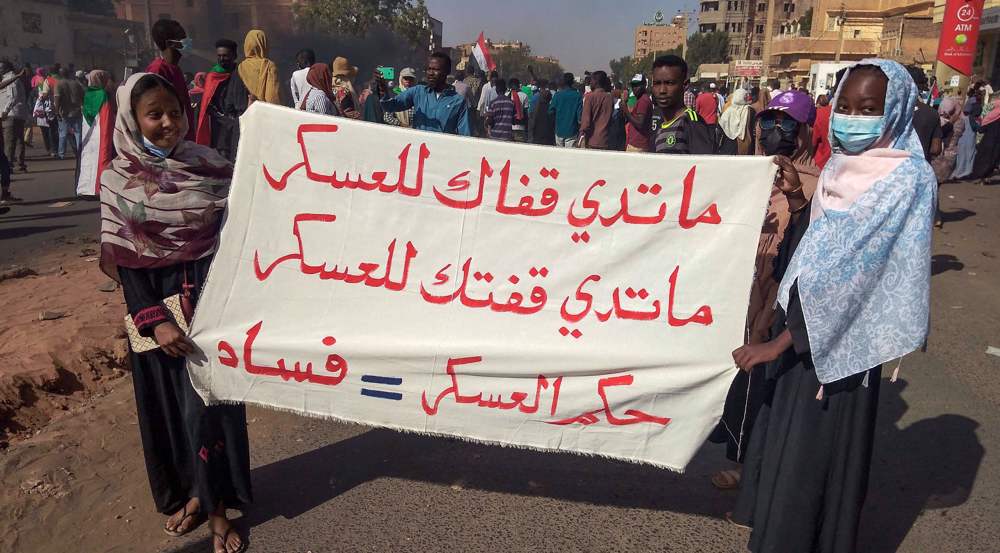
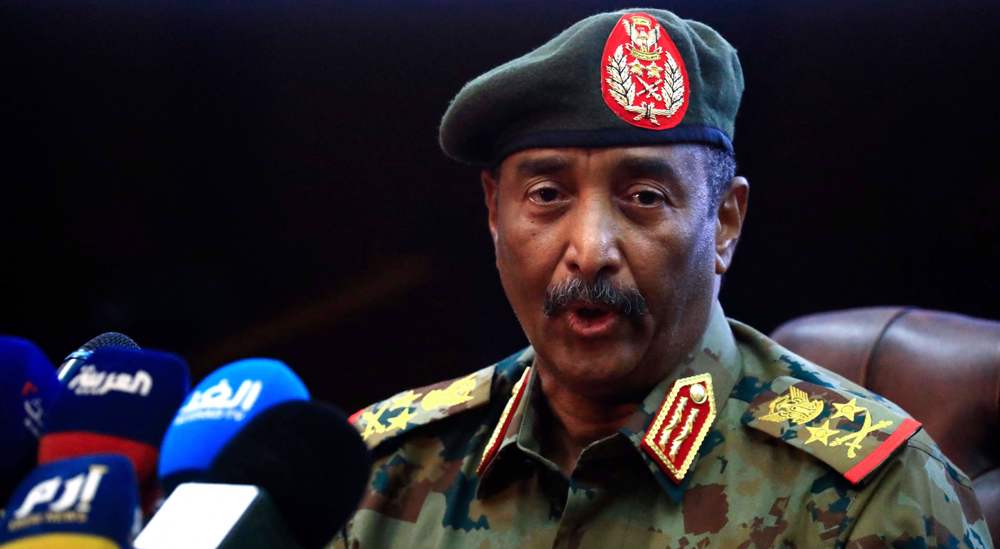
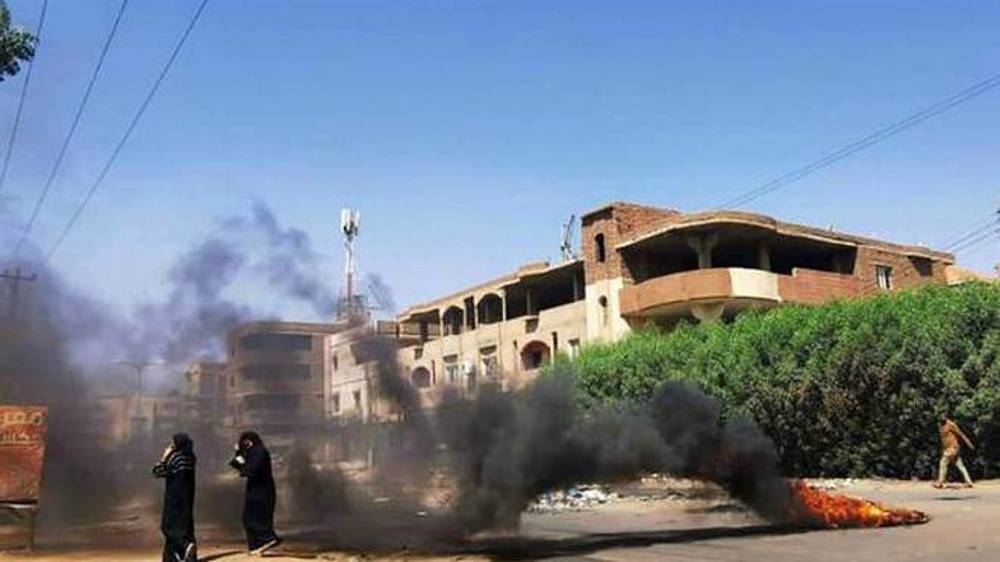
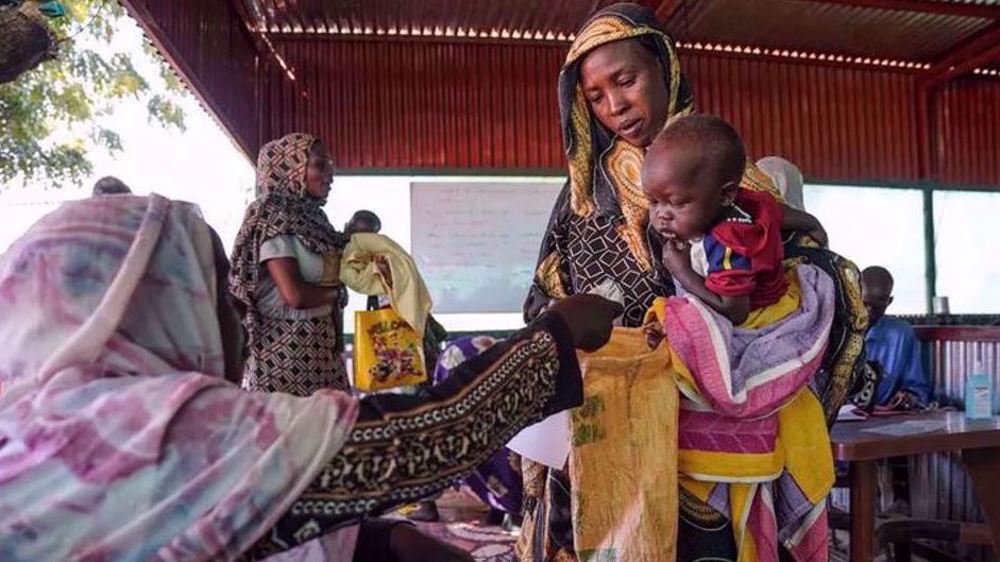

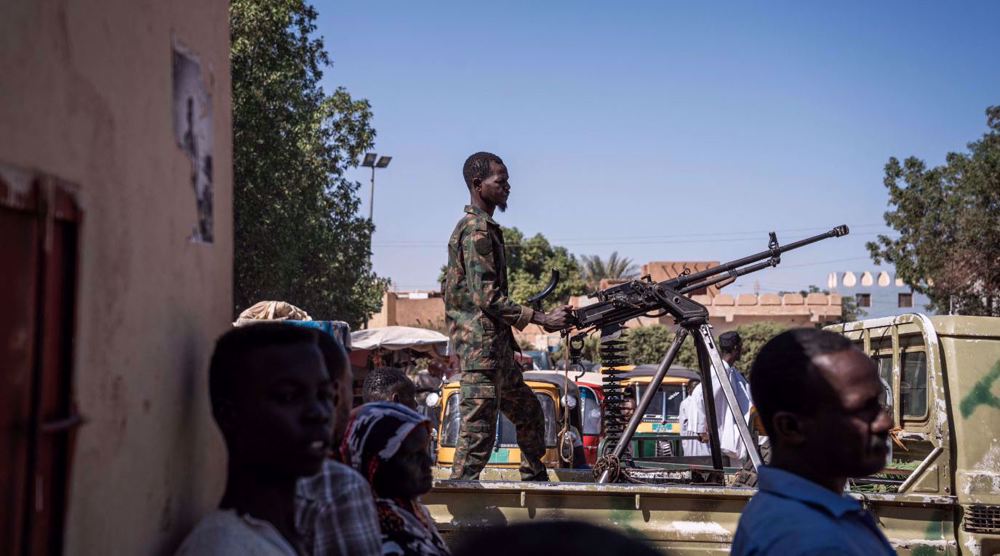



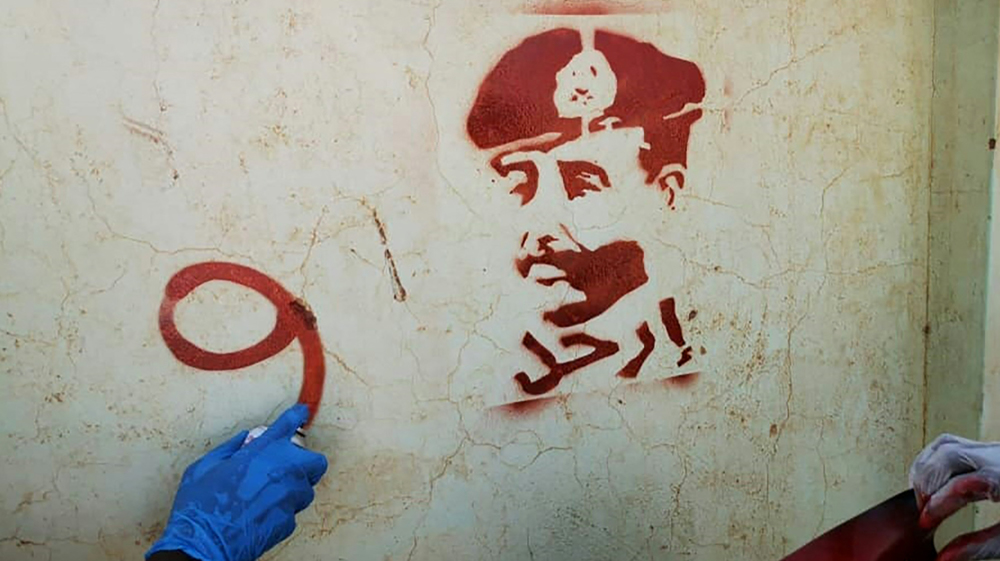
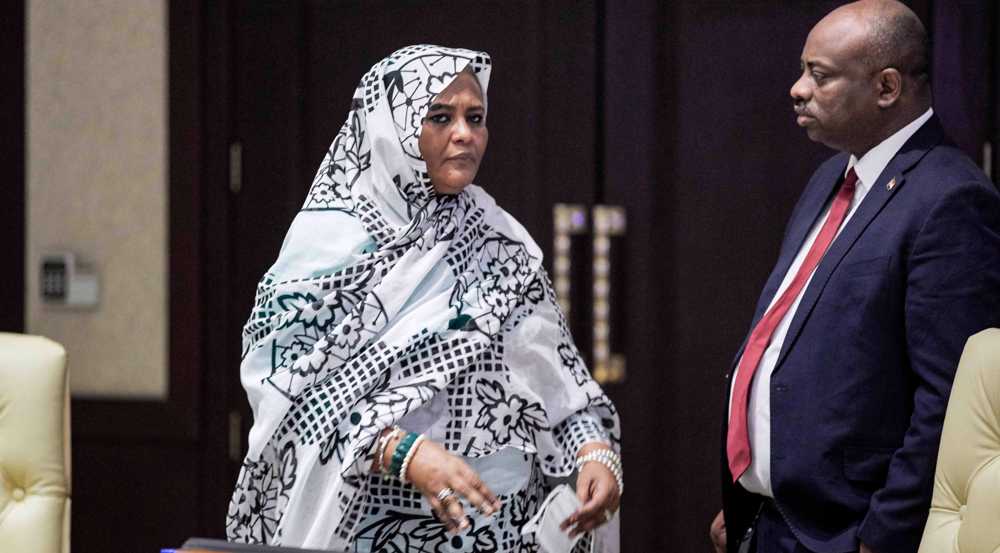

 This makes it easy to access the Press TV website
This makes it easy to access the Press TV website